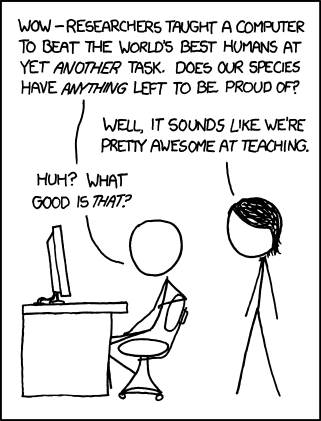Incredibly, it’s already been three months, and my time at Research!America has come to an end. I would say that the time has flown by, but I can’t help thinking that those three months had the feel of a year’s worth of challenges and lessons.
If you’ve seen the news these past few months, or read this blog, you probably know why: February through April was an interesting time for Research!America. The fiscal year 2011 (and 2012) budget dominated the discussion in DC, and this organization was once again on the front line of protecting funding for health and medical research. We kept tabs on the potential and final cuts; we had meetings with representatives; and we encouraged our grassroots network to contact their elected officials and push for research funding.
Put simply, the federal budget was at the center of Research!America’s past three months, and it was at the center of my three months, too. I, in particular, took on the topic with my internship project, “Understanding the Federal Budget” (
now available on the Research!America website). This new section provides an introduction to the federal budget process, an FAQ, and more. Most importantly, it gives you a picture of how federal research agencies like the NIH and CDC are faring in the budget, along with the cuts they face, and how those cuts might affect the agencies.
My goal in creating this site was to give people much the same education I received these past few months at Research!America. I spent a lot of time digging through spreadsheets, PDFs, and other reports, trying to get a better picture of the budget and what the current debate means for health and medical research. What I found was that this is as crucial a time as ever for research funding, as well as for advocacy. When you take a look at “Understanding the Federal Budget,” I hope you find the same. These past few months were challenging, but if the current political climate is any indication, there are many more challenges to come, and we only can tackle them if we understand them.
That was my ultimate lesson at Research!America: educating ourselves on the issues helps us to care (even more) about the issues. I came here with a slight understanding of the budget, and now I leave with a treasure trove of information. I came here with a deep appreciation for research, and now I leave with a great sense of responsibility for its future. It’s been three months, but if DC has shown me anything, it’s that things can move and change quickly, as can people.
New Voices has been proud to publish Christian Torres' posts during his time here, and we thank him for his innovative ideas, solid prose, and ability to come up with a post in an hour or less when necessary. We look forward to reading more as he continues his science journalism education with an internship in the health and science section of The Washington Post.
Good luck Christian!












